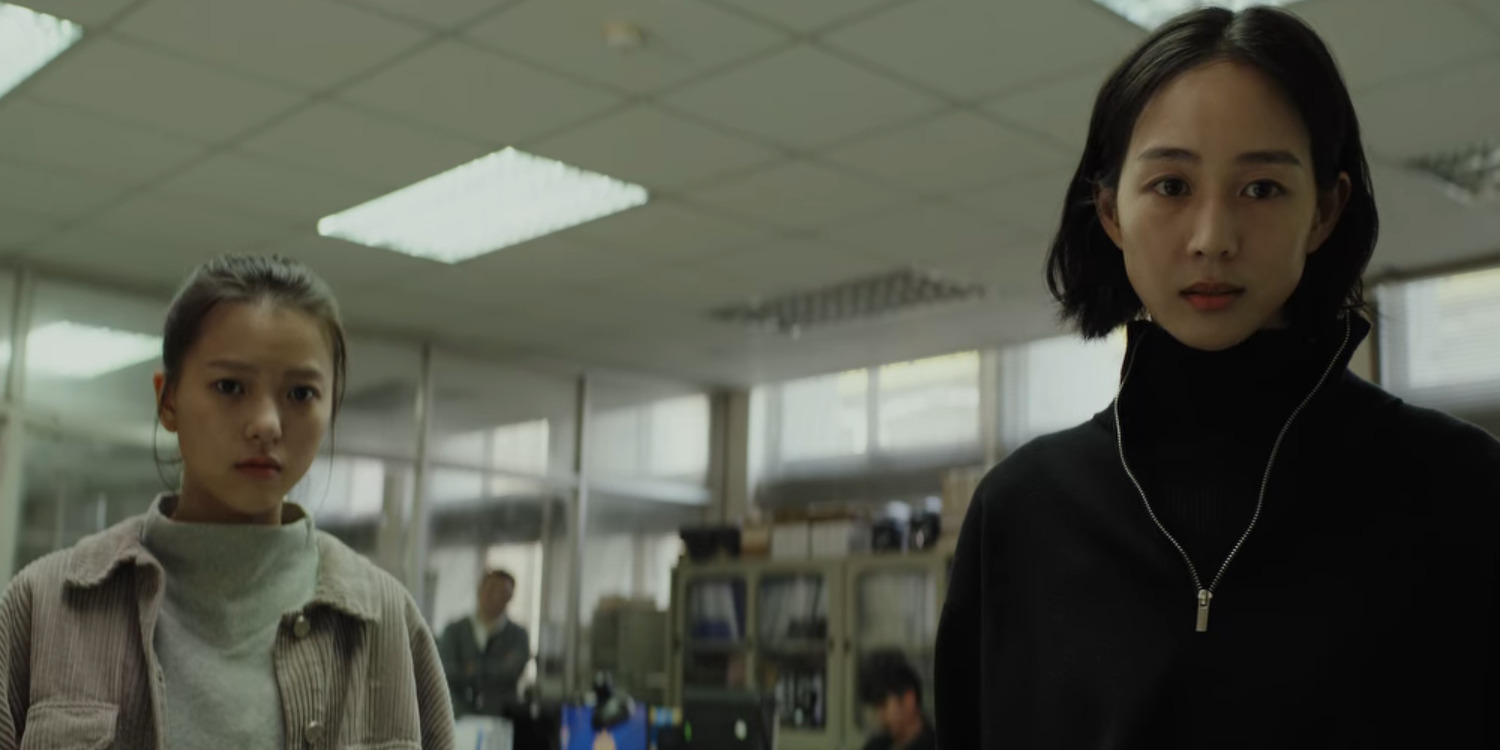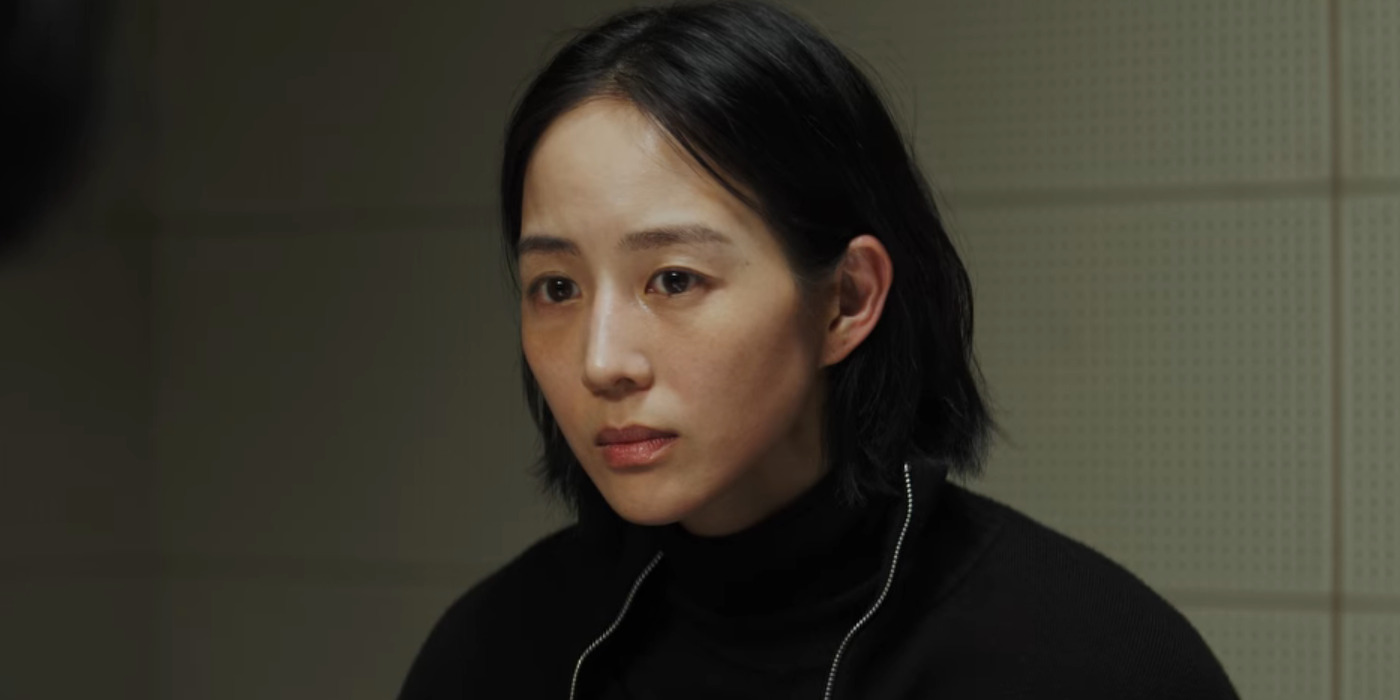Originally titled ‘Cha Wu Ci Xin,’ Netflix’s Taiwanese crime thriller film, ‘The Abandoned,’ presents a gripping mystery through a Police Investigation into a string of serial killings. Police Deputy Wu, haunted by the tragic suicide of her fiance, arrives at a bleak place in her own life, pushed to the ledge. However, when a Thai woman, Waree’s dead body, washes ashore, it prevents Wu from giving in to her own suicidal thoughts and compels her to solve the woman’s death, marked as a murder by a missing finger and heart. Pairing up with an intelligent but rookie officer, Wei-shan, Wu starts an investigation that reveals a number of similar killings pointing toward one common killer.
The investigation at the film’s center, led by Wu, a woman battling her own deadly demons, remains heavily laced with themes of life and death. As such, the story’s criminal storyline reflects an authenticity even more realistic than the genre naturally affords. However, for the same reason, audiences must wonder how much of the film’s realism actually has a basis in a true story.
The Abandoned Is a Fictional Story of a Realistic Police Investigation
No, ‘The Abandoned’ is not based on a true story. Directed by Ying-Ting Tseng with Pin Chun Lin, Ying-Ting Tseng, and Yi-Chien Yang as the screenplay writers, the film follows a police investigation into a recently surfaced serial killer who targets Thai women as his victims. The film’s base premise is plausible enough on its own, and the story unfolds in a realistic manner as well. Nevertheless, in real life, there has been no reported instance of a Taiwanese serial killer with a vendetta against illegal migrant Thai women. As such, the film’s storyline remains confined to fictionality.

Regardless of the story’s fictional origins, it carries a sense of realism with it through compelling character work, writing, and thematic resonance. Director Tseng hails from a family where a lot of members work as police officers, ranging from small-town cops to criminal detectives. Therefore, the man has a deeper understanding of the profession and its hardships.
For the same reason, instead of focusing on the immorality one might expect officers to face surrounded by the criminal world in their daily lives, Tseng chose to bring attention to the sadness that plagues the line of work. Officer Wu’s story starts with the woman on the brink of following in her partner’s footsteps and giving up on her life. The same remains reflective of a tough reality that many law enforcement workers face in their lives.
According to Boston University Reports, there is a 54% increase in suicide risk among law enforcement officers when compared to regular civilians. Furthermore, a study showcased that 26.5% of police officers expressed feelings of hopelessness, leading to suicidal ideation associated with depression and burnout. Therefore, Wu’s worldview and her perspective offer a crucial reflection of reality that showcases a less glamorized and sensationalized reality of a cop’s life.
Likewise, on the other side of the coin, the film also showcases serial killing through a realistic lens by employing an antagonist with a revenge-driven plot. Michael Stone, a clinical psychiatry professor at Columbia College, studied a selected group of serial killers and asserted that a majority of the male killers harbored revenge against women as their motive. Thus, both aspects of the film’s criminal world parallel reality by exploring realistic issues.
Lastly, the addition of the socio-political position of illegal Thai workers in Taiwan through numerous characters, including Yu-cheng, the primary character, the film emulates a realistic environment. These instances forge the film’s sense of realism, allowing the narrative to delve into a fictional storyline without losing out on authenticity.
Read More: The Abandoned: Filming Locations of the Netflix Thriller


You must be logged in to post a comment.